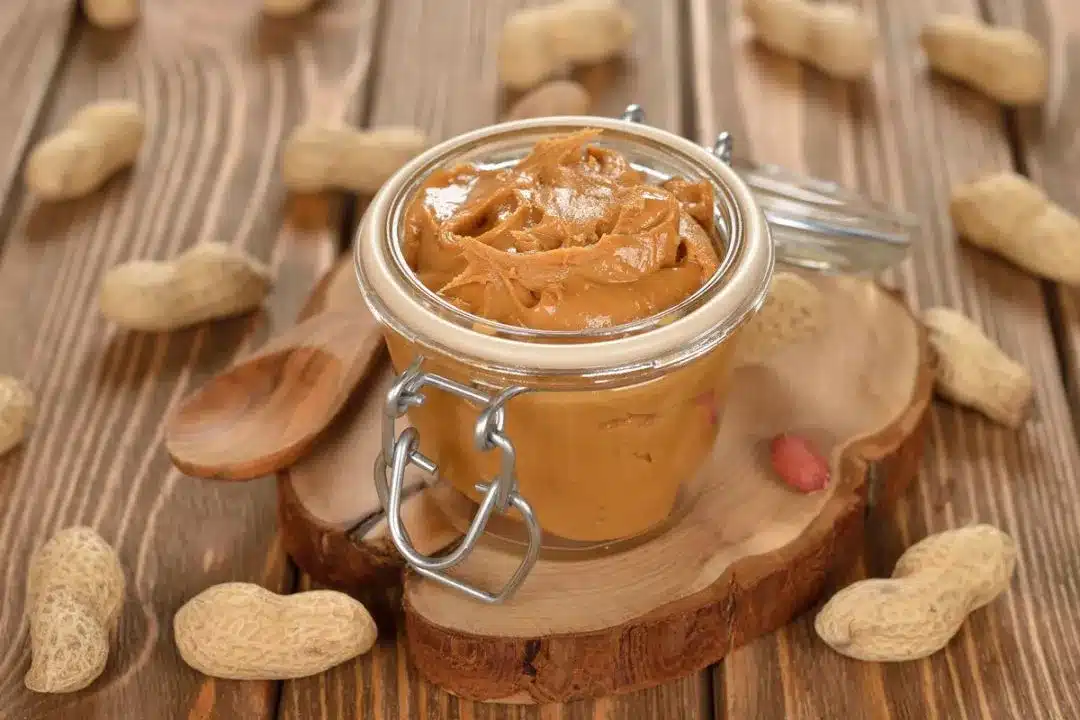
There is no reason why peanut butter cannot be included in your diet, regardless of whether you are allergic to nuts. Whether you want it crunchy or creamy, it is a delicious way to fill your hunger while also gaining protein and fat that are good for your health. Furthermore, peanut butter has a wide range of critical nutrients and vitamins, including magnesium, potassium, and other elements that help your body stay strong. We adore spreading peanut butter on toast, baking it into gorgeous breads and desserts, eating it with fruit, and even adding it to our porridge. However, like anything else, peanut butter should be taken in moderation. How come? In the end, it all boils down to the calorie-to-beneficial fat ratio.
One tablespoon of peanut butter is considered the usual serving size. This amount normally contains around 16 grams of unsaturated fat, which is entirely appropriate; for those who consume more, the recommended daily intake of healthy fats ranges from 33 to 58 grams. The same serving size, on the other hand, has approximately 160-200 calories. Although peanut butter has the potential to be good to your health, you should avoid eating a whole jar because it has a lot of calories. If you are attempting to maintain a healthy weight, eating too many calories can result in weight gain. Peanut butter, like most foods, should be consumed in moderation.



0 Comments